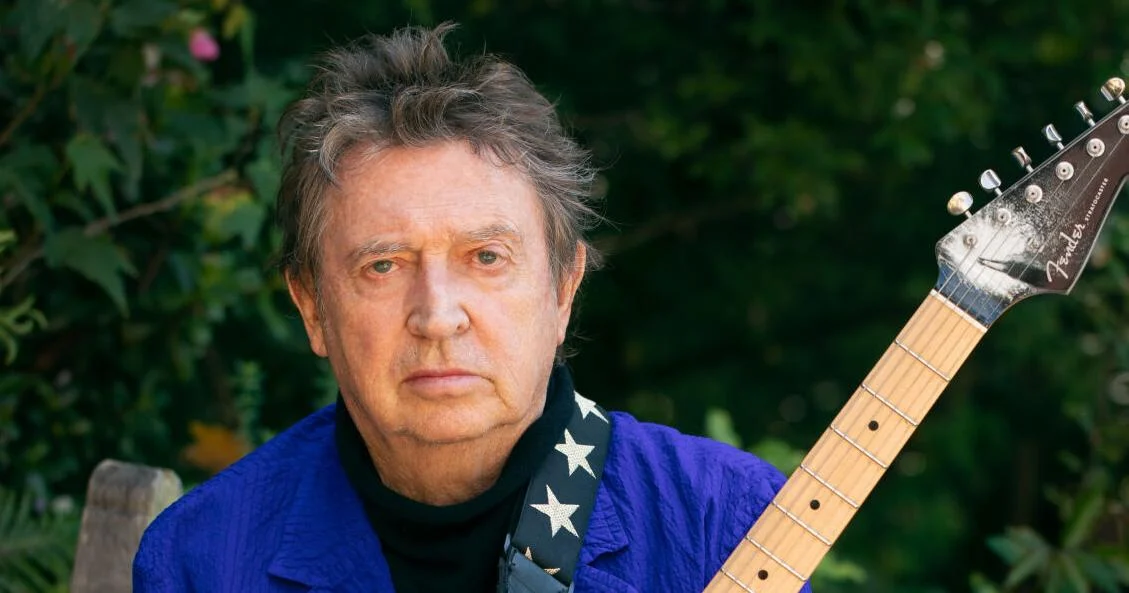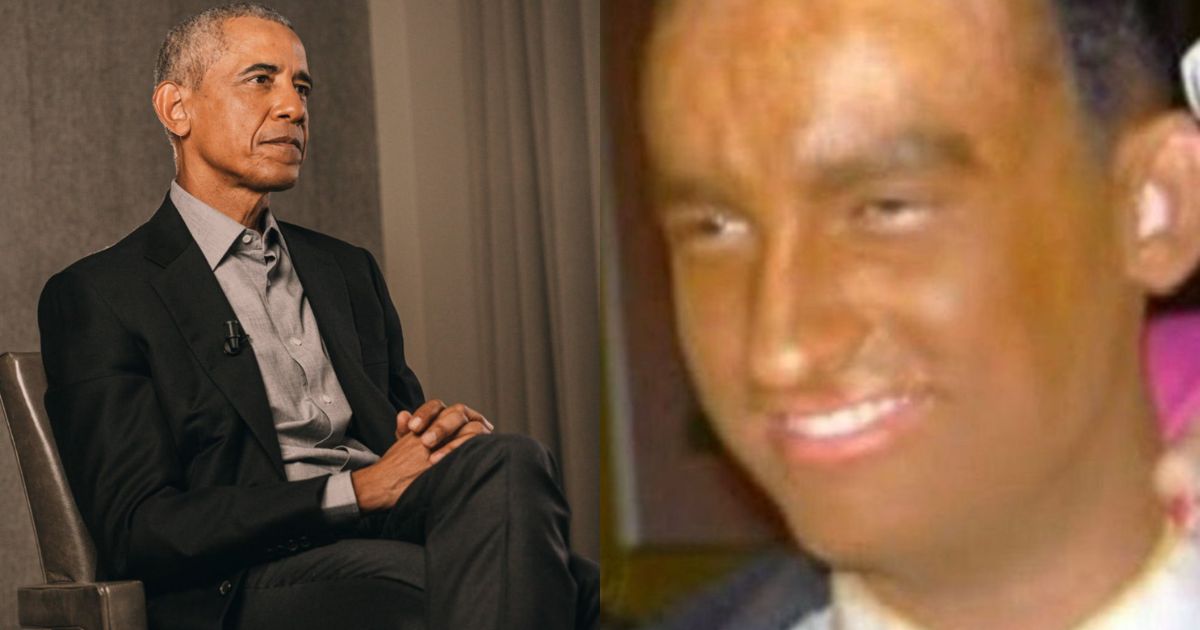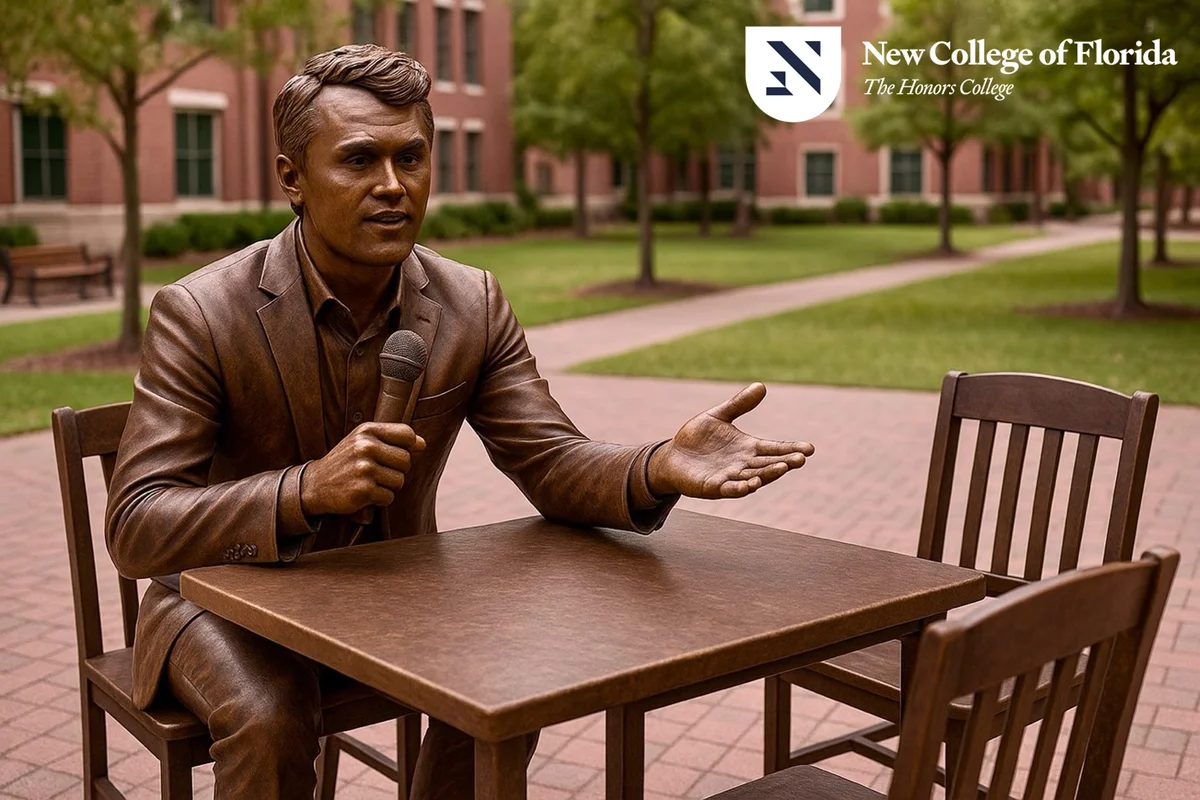By Rob Levy,Special to the Post-Dispatch
Copyright stltoday

Special to the Post-Dispatch
Whether strumming a melody, writing a book or taking a photo, Rock and Roll Hall of Fame guitarist Andy Summers is a virtuoso who channels the sights and sounds of the world around him into art.
Most famous as one third of the Police — the English rock band that gave us Sting and hits like “Message in a Bottle” and “Roxanne” — Summers is also a two-time Grammy winner, who has played with Soft Machine, the Animals and other artists. He also has authored eight books and recorded film scores for several films, including “Down and Out in Beverly Hills,” “Weekend at Bernie’s” and “The Craft.” His discography also includes two collaborations with Robert Fripp of King Crimson.
The guitarist is currently on tour with “The Cracked Lens + A Missing String,” a live show that combines his biggest passions: music and photography.
“I am obsessed with both,” he says. “One day I had the idea to combine the two of them. I’m amazed that I didn’t do this years ago.”
Coming to the Wildey Theatre in Edwardsville on Thursday, Sept. 25, the evening features Summers playing music from his solo career along with improvisational guitar riffs that accompany images from photographs he shot worldwide over the last few decades. Summers also will read selections from “Fretted and Moaning,” his 2021 collection of short stories.
“I’m on stage with a large screen showing carefully worked-out sequences of my photography, with me playing to it. I talk quite a lot as well. So, I guess it is what you’d call a multimedia show,” he says.
On top of all that, Summers is also working on a new album. As he explains, there is no strict discipline for his creative process.
“Obviously, you have to have ideas, and I think part of my guiding thing is trying to avoid cliches. With my music, I always do something on the guitar that hasn’t been heard before. I try to stay away from anything obvious, but it’s a process where I just start doing it with a one-track recorder and me sitting on the couch with a guitar. I start from there.
“Then, I go to my studio with my engineer and start doing it properly. That gives me a different perspective on it. That’s where it starts. And then the ideas change as we go along. Of course, I am always waiting for an inspired moment to come along and help me work it out,” Summers says.
Summers grew up in Bournemouth, England. Looking back on his youth, Summers believes that growing up in a rural part of England shaped him as both a musician and a visual artist.
“My childhood years were spent around rivers and forests. I didn’t grow up in a big city. So, I was obsessed with nature. But when I was about 15, I started going to this cinema called the Continental. They showed all the films of those times, all black and white arthouse movies, as we call them now,” he says. “So, I think my real education in terms of photography came from that. I relentlessly went and saw films over and over before I moved to London. That obsession with film and being exposed to another level of photography — it all got into my system.”
He says though that his interest in photography didn’t take off until he was in the Police and in New York. “I went out and bought a serious camera and decided to master photography. It’s as simple as that. I had a thing for it, and this continued forever. I never get bored with it.”
Summers was also interested in music when he was young.
“I was obsessed with the guitar. I remember when I was 18, I thought I should be a film director because I was so obsessed with films. But I was also obsessed with music. In the end, I obviously became a guitarist. That’s where it all started.”
He knew that he wanted to be a “monster guitar player” even then.
“In time, I decided I wanted to write the music as well. I was writing songs when I first started, but it’s a whole other game now, a whole other development. I’ve been doing this for a long time now. I mean, once I left the Police, I became a solo artist and started immediately writing my own music.”
Having made a successful career for himself over the last five decades, Summers addresses the thorny subject of the Police having a reunion.
“I would say we’re done. It makes me laugh, though, because my daughter went to the Hollywood Bowl and saw an ‘80s rock band package. I said, ‘There’s just one thing missing.’ I always thought that the 1980s were when the 1960s came to fruition and blossomed. All these great rock bands were around at that particular time, including the Police, Talking Heads and others,” Summers says.
“We’re very lucky to have met one another. It was a once-in-a-lifetime kind of thing, and I think we all appreciate it. I wouldn’t gloat about it. We just got on with the music, but we found our voice.”



